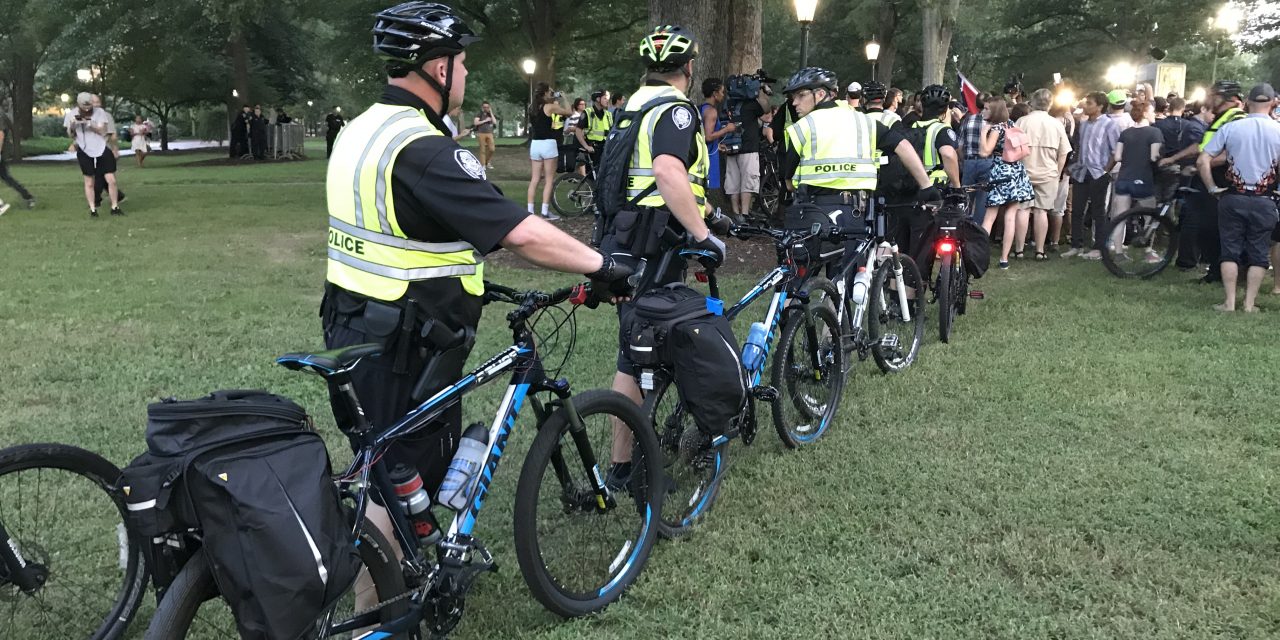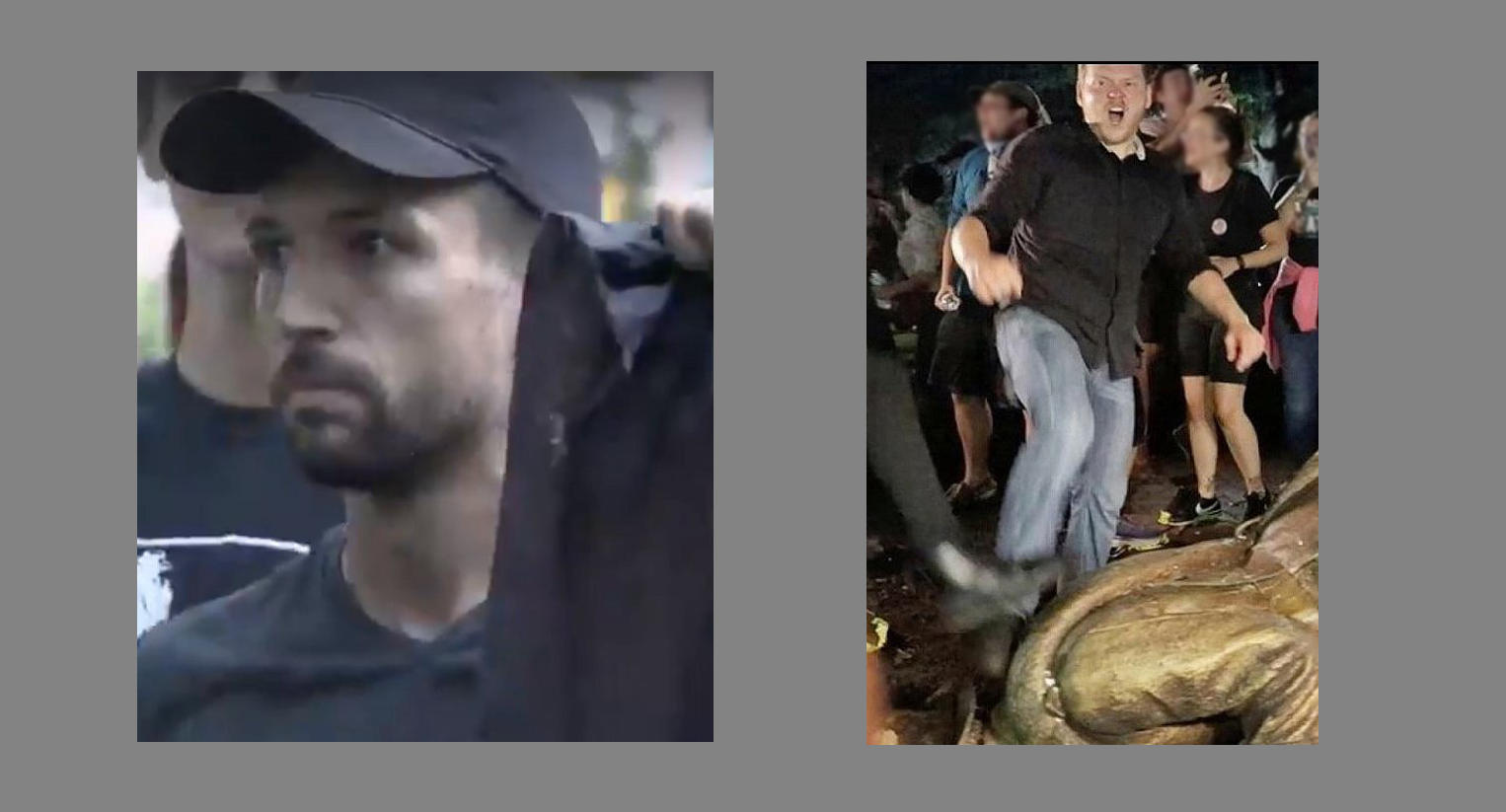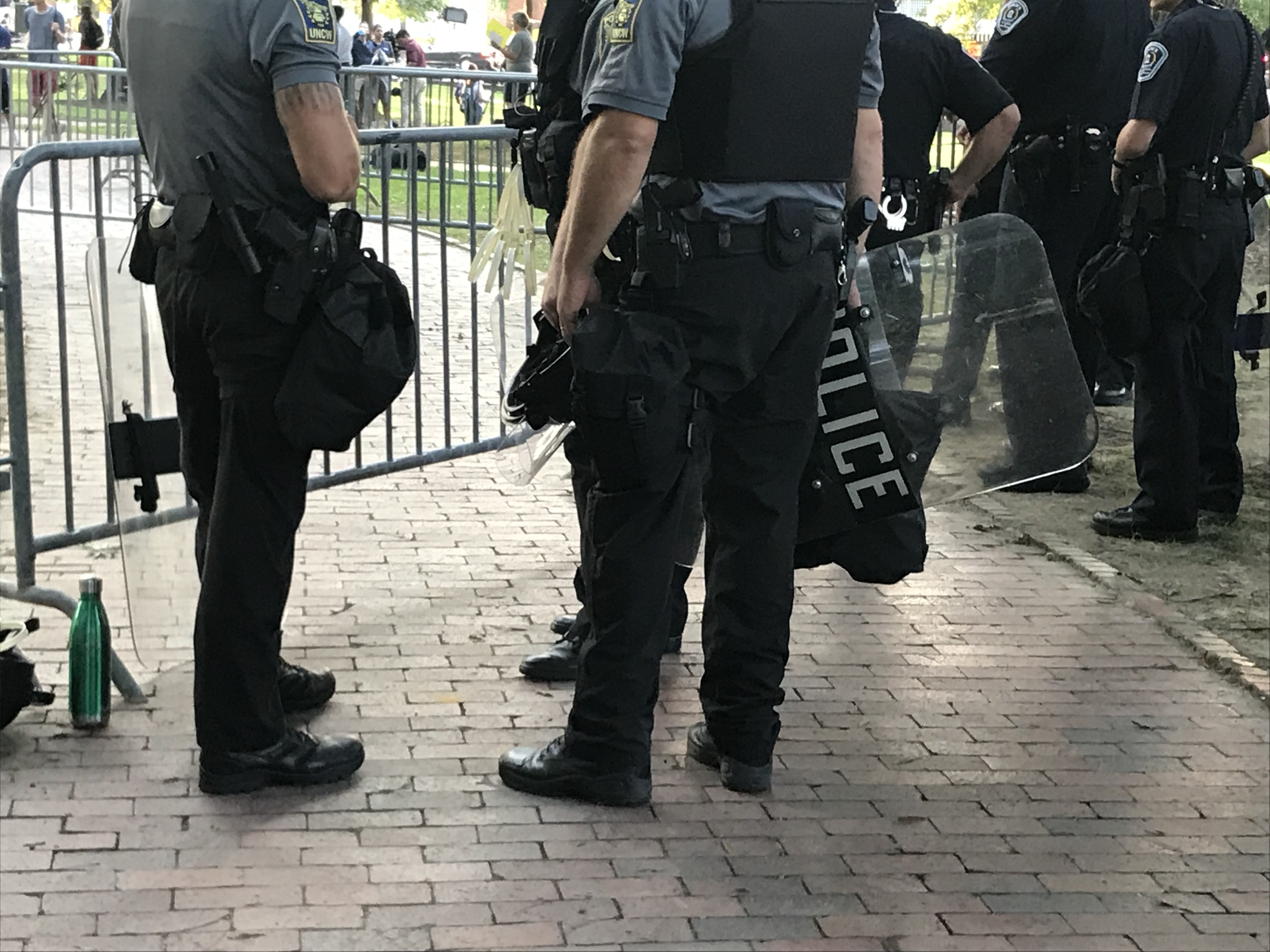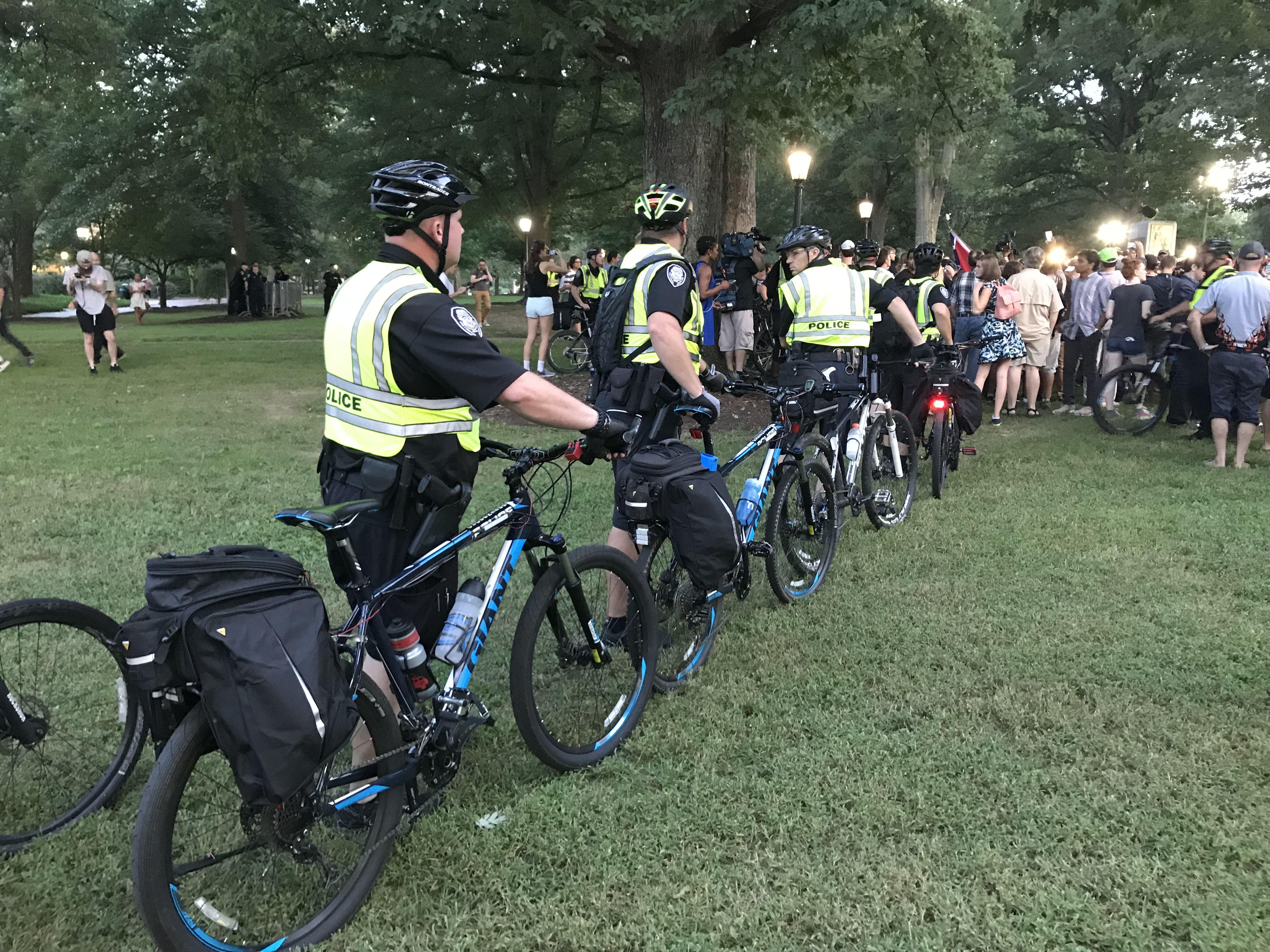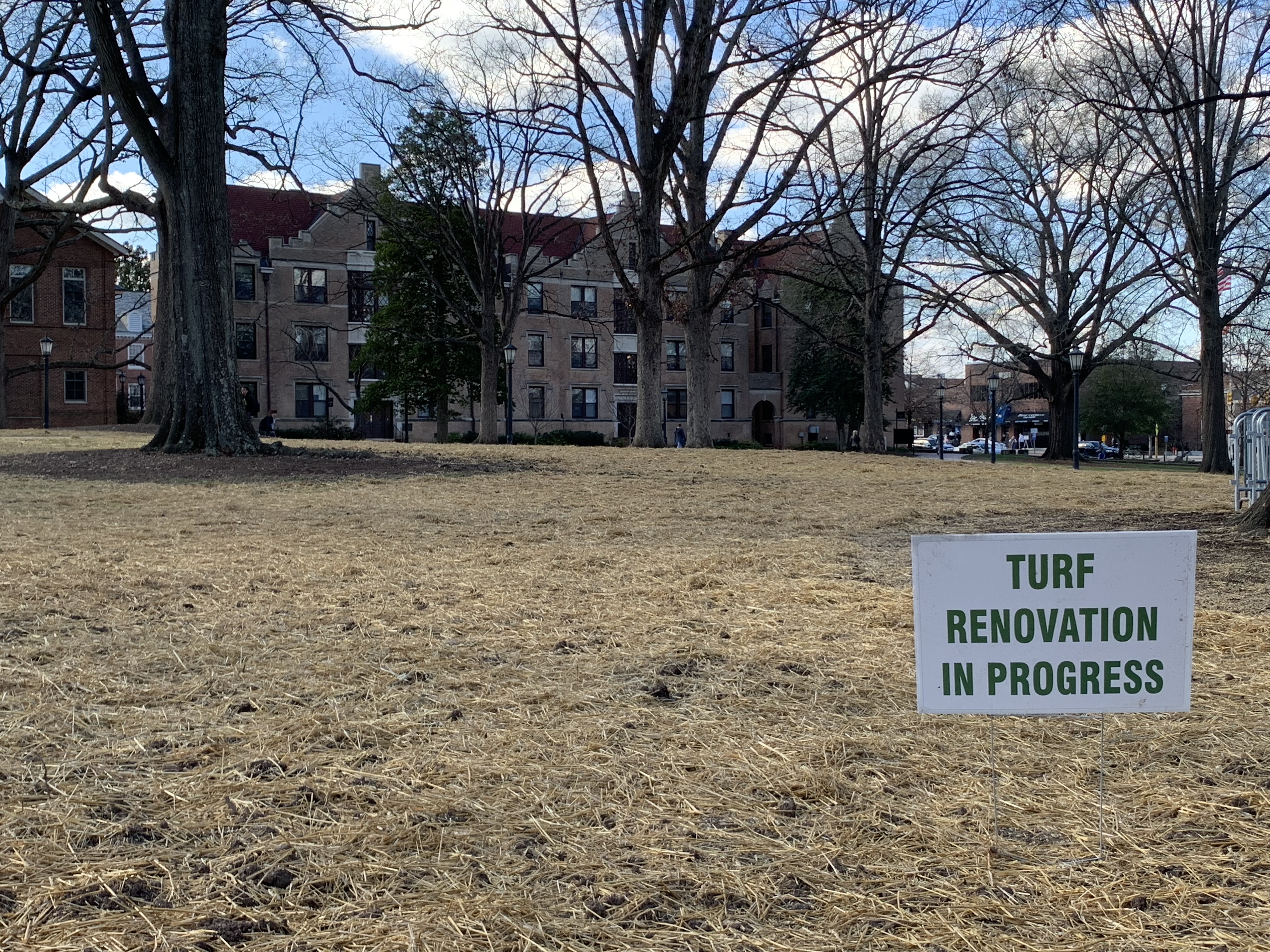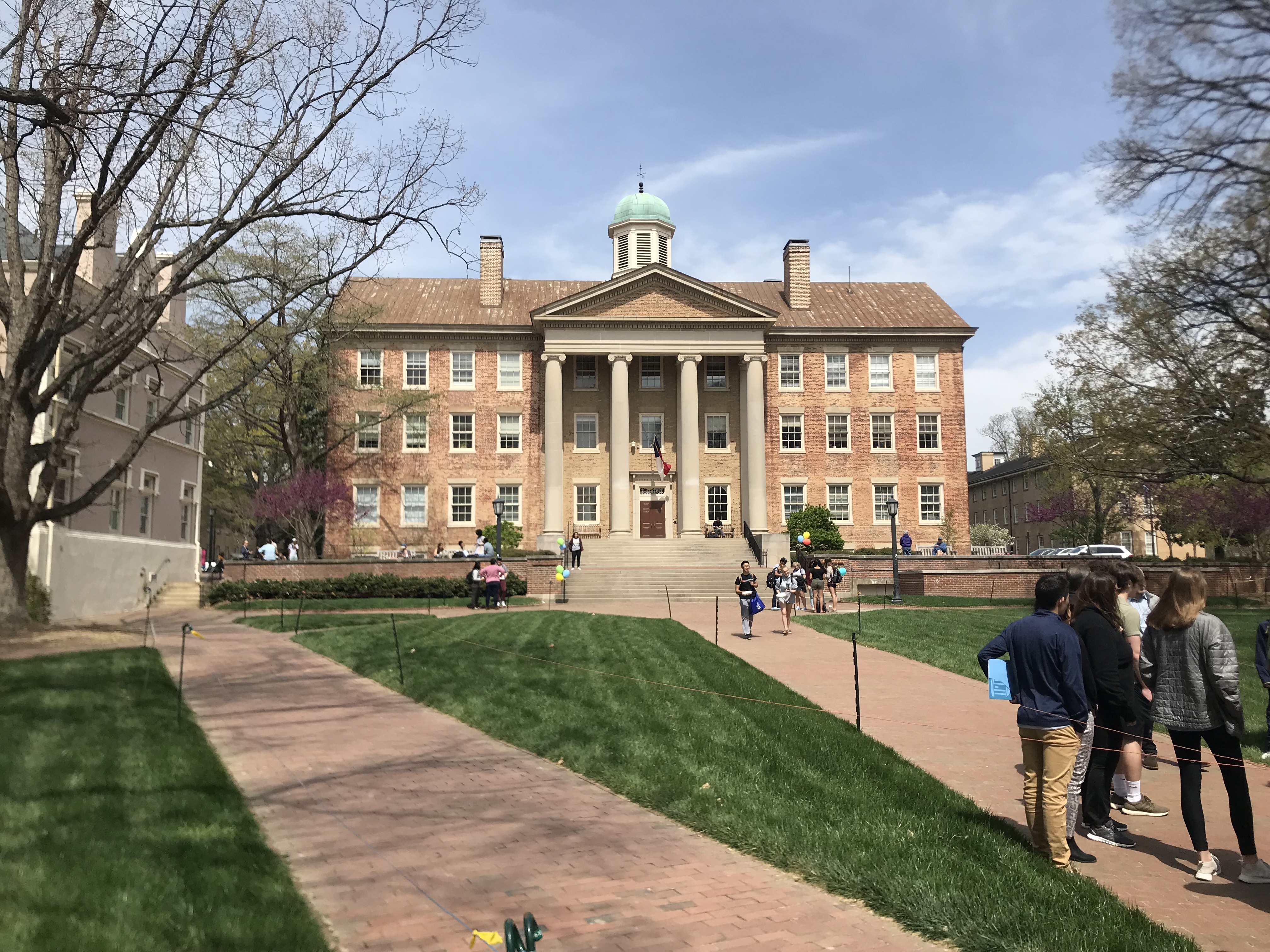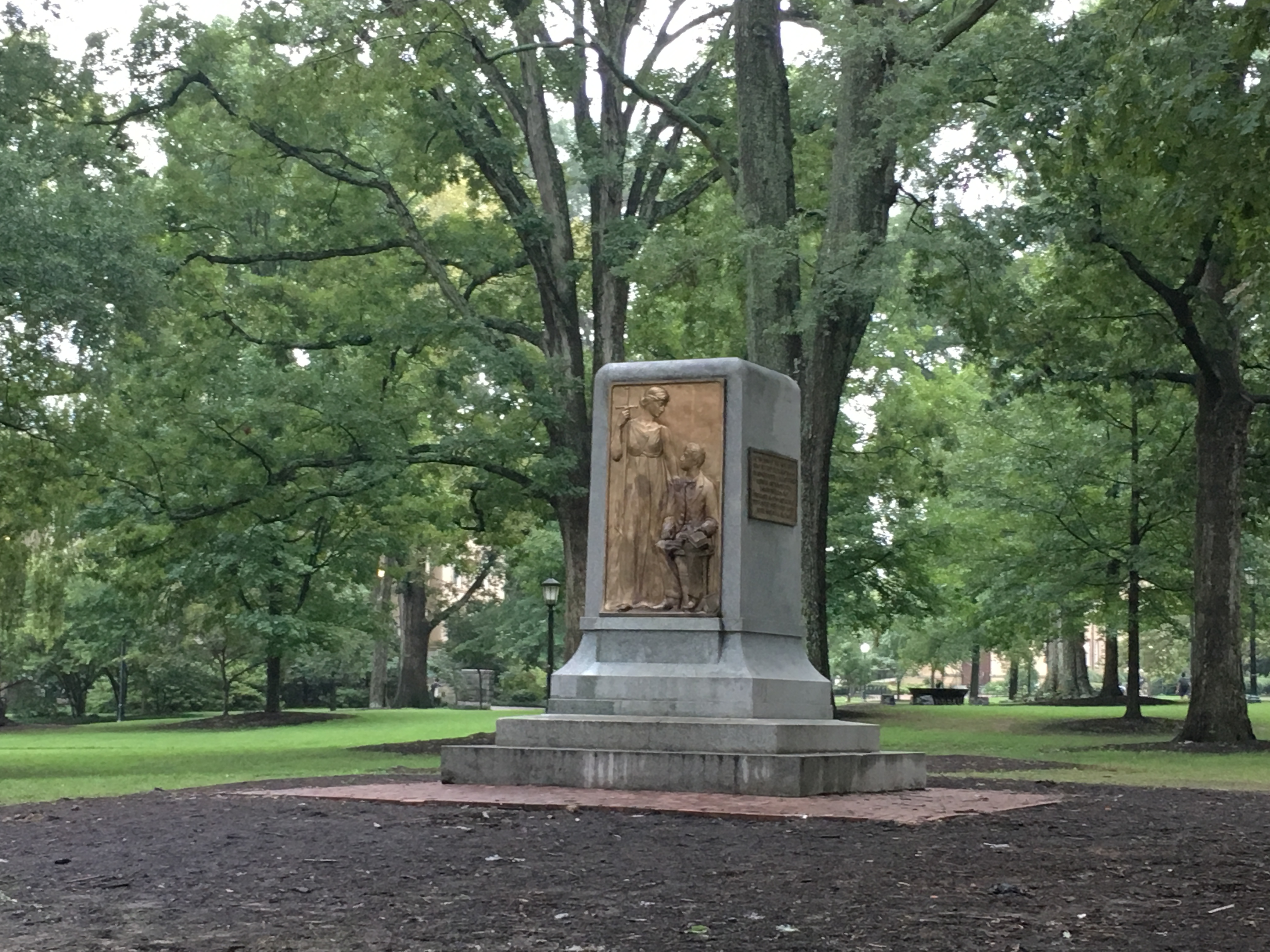The Chapel Hill Town Council held its first meeting of the fall on Wednesday night, coming nearly one week after a third rally around the remains of the Confederate monument on the UNC – Chapel Hill campus known as Silent Sam.
Protesters pulled the statue from its pedestal on August 20. Two rallies then followed with opposing groups gathering around the monument’s remaining base.
Chapel Hill Police Chief Chris Blue told the council that emergency officials were just getting to the point of being able to conduct a full debriefing of the three rallies.
The chief said he was thankful “that no one has been seriously hurt over the last year as demonstrations over Silent Sam have ramped up in their intensity pretty significantly.
“We’re very lucky as a community to be able to say that.”
The three rallies have been mainly on the UNC campus, which means university police lead the efforts. But the university department and town police have a close working relationship, meaning the town works in a supportive role to the university in those situations.
Blue said the department is not operating in a sustainable fashion because it has had to call at least 50 officers back when off duty to cover the protests. The chief acknowledged that there are questions remaining about policing tactics, specifically from the rally last Thursday where there was a heavy police presence with multiple outside agencies.
Questions “about decisions that were made, costs incurred by the town and how we see the future of such events – a key element,” the chief said. “We have those questions too.”
Most of the concerns that have been expressed focused on police making contact with protesters when using bicycles as mobile barricades as they escorted Silent Sam supporters to their vehicles and utilizing pepper spray on the crowds.
Calvin Deutschbein is a member of Chapel Hill’s community policing advisory committee and addressed the council Wednesday night. He said concerns he had heard from the community included what was seen as unnecessary force used by outside departments.
“It is extremely frustrating to me that those officers, rather than Chapel Hill and UNC police officers, are ostensibly providing public safety,” Deutschbein said, “but really providing quite the opposite in our community.”
Deutschbein also recommended changing the community policing advisory committee to a citizen review board, allowing for more oversight from citizens.
Another speaker said the he helped others who were suffering from the deployment of the pepper fogger.
“I was carrying a bicycle water bottle and flushed the eyes of more than one person suffering the effects of the pepper spray.”
Chapel Hill Mayor Pam Hemminger reiterated that there were lessons to be learned from recent events, including reviewing which departments work best in cooperation with Chapel Hill and UNC police.
Blue said he was confident the upcoming review of policing activity would provide answers and a path forward.
“These have been a tough few weeks for all of us,” Blue said. “I am confident upon completion of our reviews, however, and bolstered by public input, we’ll come out of these recent events better: better prepared for next time, better able to understand community interest and concerns.”

